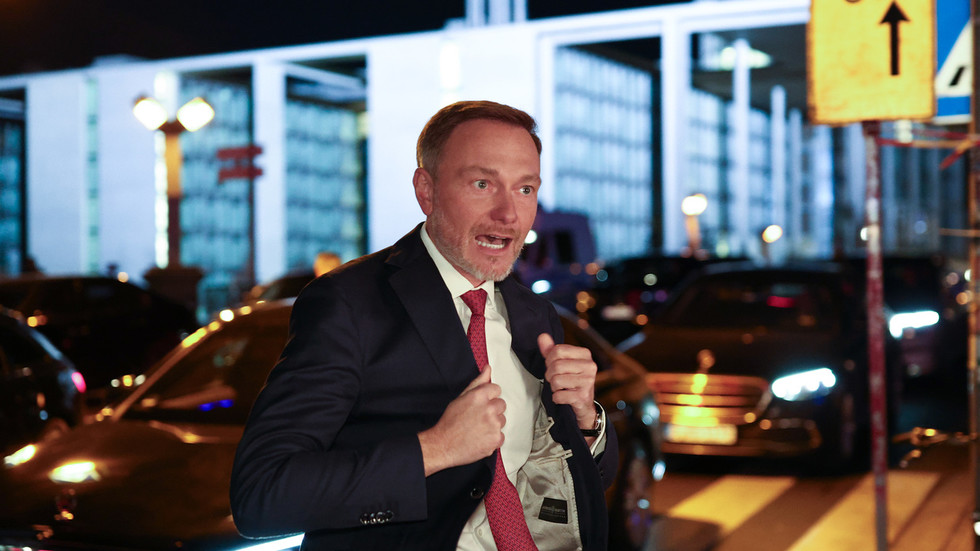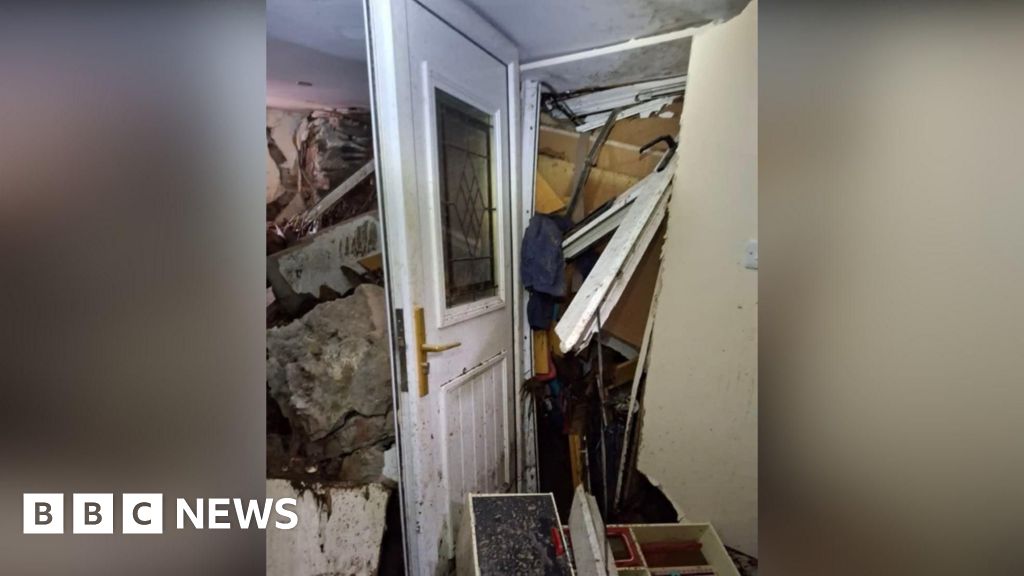You have a preview view of this article while we are checking your access. When we have confirmed access, the full article content will load.
Whether he can form a strong coalition remains to be seen, but whatever he does will be an essential part of Europe’s response to President Trump’s reshuffling of alliances.

Germans voted for a change of leadership on Sunday, handing the most votes in a parliamentary election to centrist conservatives, with the far right in second, and rebuking the nation’s left-leaning government for its handling of the economy and immigration.
Early returns and exit polls almost certainly mean the country’s next chancellor will be Friedrich Merz, leader of the Christian Democrats. But he will need at least one or — in a possibility that Germans were hoping to avoid — two coalition partners to govern.
“We have won it,” Mr. Merz told supporters in Berlin on Sunday evening, promising to swiftly form a parliamentary majority to govern the country and restore strong German leadership in Europe.
The election, which was held seven months ahead of schedule after the collapse of Chancellor Olaf Scholz’s unpopular and long-troubled three-party coalition, will now become an essential part of the European response to President Trump’s new world order. It drew what appeared to be the highest voter turnout in decades.
Mr. Merz, 69, has promised to crack down on migrants and slash taxes and business regulations in a bid to kick-start economic growth. He also vowed to bring a more assertive foreign policy to help Ukraine and stronger leadership in Europe at a moment when the new Trump administration has sowed anxiety by scrambling traditional alliances and embracing Russia.
Mr. Merz, a businessman, was once seen as a potentially better partner for Mr. Trump, but in the campaign’s final days he mused about whether the United States would remain a democracy under Mr. Trump. He strongly condemned what Germans saw as meddling by Trump administration officials on behalf of the far-right Alternative for Germany, or AfD.

.png) 3 hours ago
3
3 hours ago
3










